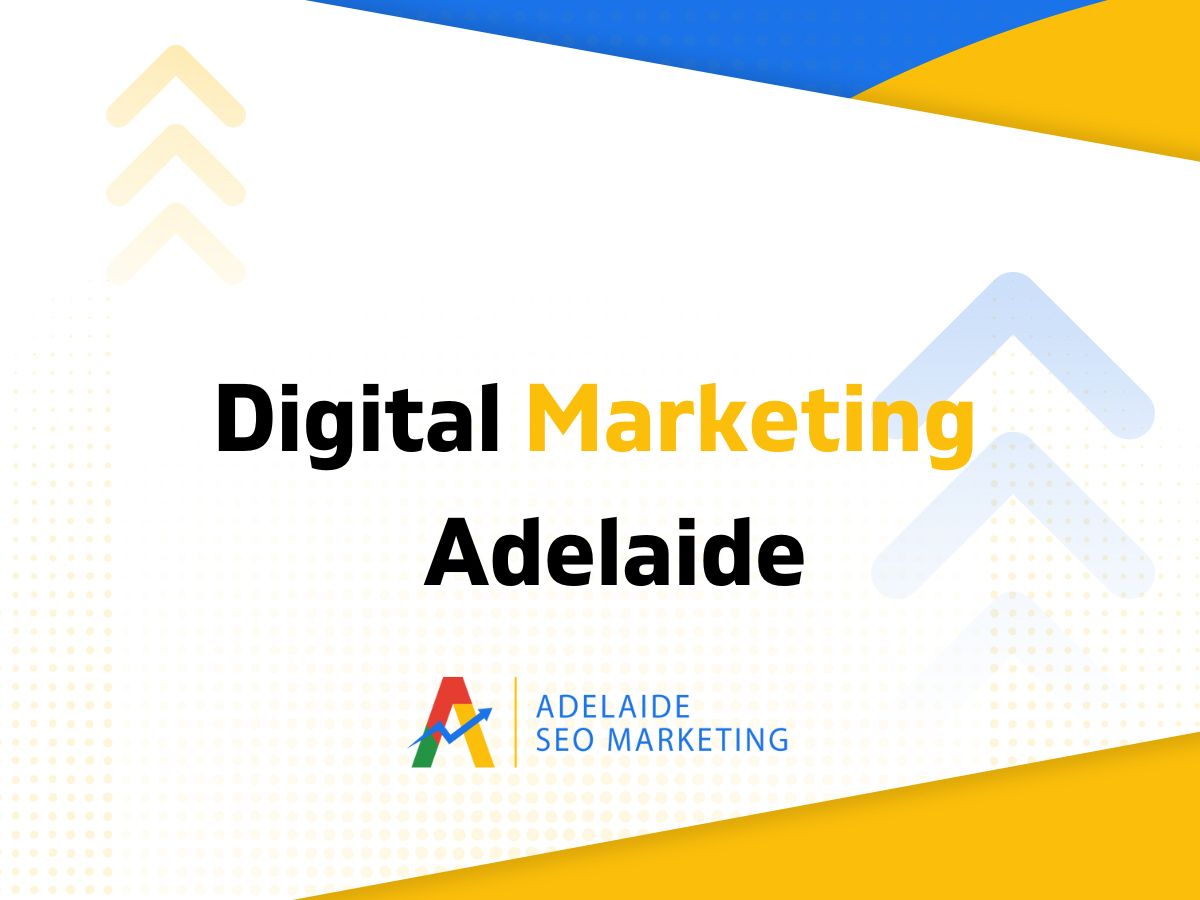The Bold Claim Heard Around SXSW
Mailchimp made waves at SXSW Sydney with an eye-catching statement: “Email is Dead.” But before we all started planning a farewell for the inbox, Mailchimp’s clever marketing strategy at their SXSW activation showed that they had something quite different in mind. Through their innovative display, Mailchimp aimed not to bury email but to celebrate its evolution, demonstrating the unique staying power of this communication medium in an era dominated by instant messaging and social media.
In collaboration with the Sydney-based creative team at Studio Messa, Mailchimp created a one-of-a-kind experience designed to immerse SXSW attendees in the world of email. The installation was a sensory-rich playground celebrating email’s impact on everything from personal relationships to world-changing business ideas.
A Walk Through Email’s Evolution
Mailchimp’s installation took visitors on a journey through the history of email, from its humble beginnings to its tech-infused present. The brand cleverly juxtaposed the nostalgia of early emails with cutting-edge AI enhancements, helping attendees explore the importance of email and the ever-evolving ways we use it.
For example, attendees encountered interactive exhibits that highlighted significant emails in history, showing how email became an essential part of our personal and professional lives. This immersive experience included humorous reminder emails, poignant messages from loved ones, and even world-changing business communications that helped launch iconic brands and ideas.
Mailchimp’s activation encouraged participants to send emails to their future selves, reinforcing that email has become a lasting, meaningful mode of communication.
What’s Behind “Email is Dead”?
Mailchimp’s claim that “Email is Dead” was not literal but intended to stir curiosity. In reality, Mailchimp has built its reputation and customer base around email marketing—so the company isn’t actually suggesting that email is obsolete. Instead, the SXSW display aimed to redefine the role of email in a crowded digital landscape, where marketers juggle numerous channels to connect with customers.
Despite newer channels, email’s popularity endures due to its ability to connect directly with audiences in a personal, one-on-one way. Mailchimp emphasized this resilience by reminding attendees of the moments they might overlook—like that email confirmation for a vacation flight or the thank-you note from a customer—that still make email powerful and personal.
Why Email Marketing is Here to Stay
While platforms like social media and instant messaging have gained popularity, email remains a primary marketing channel for businesses. Here’s why email marketing isn’t going anywhere:
- Direct Audience Access: With social media algorithms constantly changing, it can be hard to reach audiences consistently. Email, however, provides direct access to subscribers who have opted into communication, making it one of the most reliable channels for customer engagement.
- Personalisation & Segmentation: Email marketing platforms like Mailchimp make it easy to segment audiences, allowing businesses to create highly targeted messages based on preferences, purchase behaviour, and engagement levels. This personalised touch is why email marketing often achieves higher conversion rates than other forms of digital outreach.
- Proven ROI: According to the Data & Marketing Association, email marketing generates a $42 return for every $1 spent on average. This unmatched return on investment has solidified email as a go-to choice for businesses aiming to make every dollar count.
- Cross-Generational Appeal: Email remains relevant across age groups, from tech-savvy Gen Z to Baby Boomers. While younger generations may embrace newer platforms, they still use email for important communication, making it a cross-generational tool for brands.
Examples of Brands Embracing the Power of Email
Netflix
Netflix uses email marketing to provide personalized recommendations, nudging users to re-engage with the platform. Their well-crafted email campaigns use viewer data to send curated suggestions for new shows and movies, demonstrating how effectively targeted emails can boost engagement.
Airbnb
Airbnb excels at using email to personalize the booking experience. Their campaigns include tailored travel suggestions, reminders, and follow-up emails to encourage user interaction. This proactive approach has helped Airbnb remain top-of-mind with customers and stay ahead of competitors in the travel space.
Nike
Nike uses email not just to promote products but to strengthen its brand community. Nike sends customers targeted product drops, personalized training tips, and exclusive event invitations, creating a sense of exclusivity and personal connection that strengthens customer loyalty.
The Future of Email Marketing: Innovation & AI
Mailchimp’s SXSW activation hinted at how AI and other technologies could shape email’s future. From predictive analysis to personalised messaging, AI-driven tools now enable marketers to craft highly relevant campaigns in a fraction of the time. Here’s how innovations are expected to shape email marketing in the years to come:
- AI-Driven Personalisation: AI allows brands to analyse consumer behaviour and tailor content accordingly, ensuring every email feels relevant and personal. For example, AI can track user habits and predict the best times to send emails, increasing open and engagement rates.
- Enhanced Automation: Automation will become even more sophisticated, allowing brands to create complex customer journeys that adapt to the actions recipients take within each email. This flexibility will make it easier for companies to build nurturing campaigns that drive sales.
- Interactive Email Content: Expect to see more interactive elements like polls, quizzes, and embedded video in emails. These engaging formats help emails stand out in crowded inboxes and encourage recipients to interact with the content directly.
- Data Privacy Considerations: As data privacy laws evolve, email marketers will need to find ways to build trust and remain transparent about data usage. Ensuring that subscribers feel their information is secure will be paramount to maintaining strong relationships.
Why Mailchimp’s Activation Matters
Mailchimp’s bold “Email is Dead” messaging wasn’t just a gimmick—it was an effective reminder of email marketing’s resilience and potential for reinvention. By capturing attention with a provocative statement and then surprising attendees with an experiential journey, Mailchimp successfully positioned email as a vibrant and essential component of any modern marketing strategy.
For businesses and marketers, this activation serves as a reminder not to overlook the power of email in favour of newer, trendier channels. Email may be one of the oldest digital marketing tools, but it continues to deliver remarkable results—and as Mailchimp showed at SXSW, it’s anything but dead.
Final Thoughts
With Mailchimp’s activation in mind, it’s clear that email marketing remains an adaptable and indispensable tool. As new technologies and trends emerge, email will continue to evolve alongside them, providing businesses with reliable ways to connect, engage, and build loyalty. Mailchimp’s SXSW activation was a playful celebration of email’s past, present, and future, and a testament to the unique influence that email still holds in the digital age.
So, while social media and other channels may offer novelty, email’s direct line to the customer ensures it will remain a valuable part of any marketing mix for years to come.
SEO That Converts: More Clicks, More Customers.
Your journey to online success begins here, with Adelaide SEO Marketing. We’re not just a service; we’re your partners in growth.







